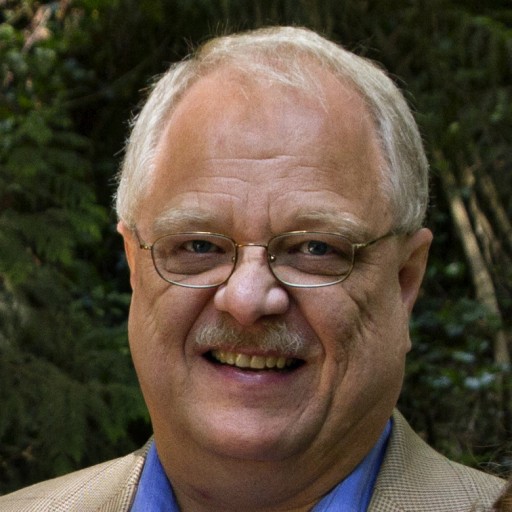Open-Hand Living

Man feeling freedom on open sea
Wednesday, January 3, 2001, started like no other day in my life. It was like Epiphany came three days early that year. If animated, a cartoonist’s rendition of that morning might be illustrated with a beaming light bulb above my head, accompanied by a crisp “ding.”
I awoke with a fully formed idea. The sentence didn’t come in phrases. I didn’t ponder word selection. There was no need to slog through the fog while I came to consciousness after a full night’s sleep. I awoke in an instant with a statement on—of all things—stewardship in my mind.
Judi, my wife, and I were beginning a transition in January 2001. I had just completed almost nine years as pastor of a congregation, and we had started packing for a move halfway across the country. Stewardship was a major theme that emerged in my ministry at the church I had just left, not by design, but by necessity. The district superintendent had mentioned financial challenges at the church when I interviewed, but it took me a year to sort through everything to figure out what had happened. We dealt with indebtedness and then reestablished our financial priorities. I challenged the church board, then the congregation, to not be content with 10 percent giving for others, and we set a goal of 25 percent. My last year with the congregation we raised 43 percent for others. This emphasis on stewardship, however, didn’t seem to fit the trajectory of my previous 15 years as a pastor. My academic studies had focused on music and worship. What did that have to do with stewardship?
Then January 3, 2001, dawned. My mind must have been working through the night, because my first thought that day brought together in one sentence all that I had been pondering:
“Biblical stewardship is a lifestyle that optimizes the use of God’s resources as an act of worship.”
I practically leapt from the bed (fortunately without waking Judi) and hurried to the office across the hall to write. I unpacked that sentence before breakfast. In subsequent years, I have continued to ponder what it means to be a good steward.
A Lifestyle
Biblical stewardship cannot be reduced to dropping an envelope in the plate when it goes down the row on Sunday morning, nor can it be concentrated in doing good only during the holiday season. The Christians of Acts 2 and 4 shared life together, freely giving to anyone who had a need. Known by their hospitality and generosity, they understood stewardship as a lifestyle.
That Optimizes
In his sermon, “The Use of Money,” John Wesley urged his listeners to gain all they can without harming themselves or others, to save all they can through simple living, and to give all they can for the benefit of others. For Wesley, stewardship meant a person will maximize the effort to embody the gospel in a tangible manner. A good steward doesn’t exploit resources or persons in a greedy, self-enriching way, but lives life so that the best good will result.
The Use of God’s Resources
In the midst of encouragement to persevere in the face of trials and temptations, James reminded his friends that “every good and perfect gift is from above, coming down from the Father of the heavenly lights” (James 1:17, NIV). Though we may life’s gifts in abundance, we need to be mindful that God is the true source of all we have. Our task as good stewards is to use God’s resources responsibly.
As an Act of Worship
Since God created all that we have, an appropriate response will always include gratitude. God reveals; we respond in worship. This brings us full circle, once again moving to a lifestyle response to God’s gracious acts. This last phrase was especially important to me as a student of music and worship who had spent the previous nine years learning about stewardship. As I led the congregation in fiscal responsibility, as I put my own financial house in order, I did so as an act of worship.
Some members of our congregations cringe when they hear that the sermon next Sunday will be on stewardship. For many of them, if someone said “stewardship” in a word association game, they would respond with “pressure to make a donation.” Instead, biblical stewardship is noted by the internal freedom which prompts a person to share whatever has been entrusted to him or her with anyone who would benefit from God’s gifts. Since that early morning in 2001, I continue to grow in the joy of open-hand living.

